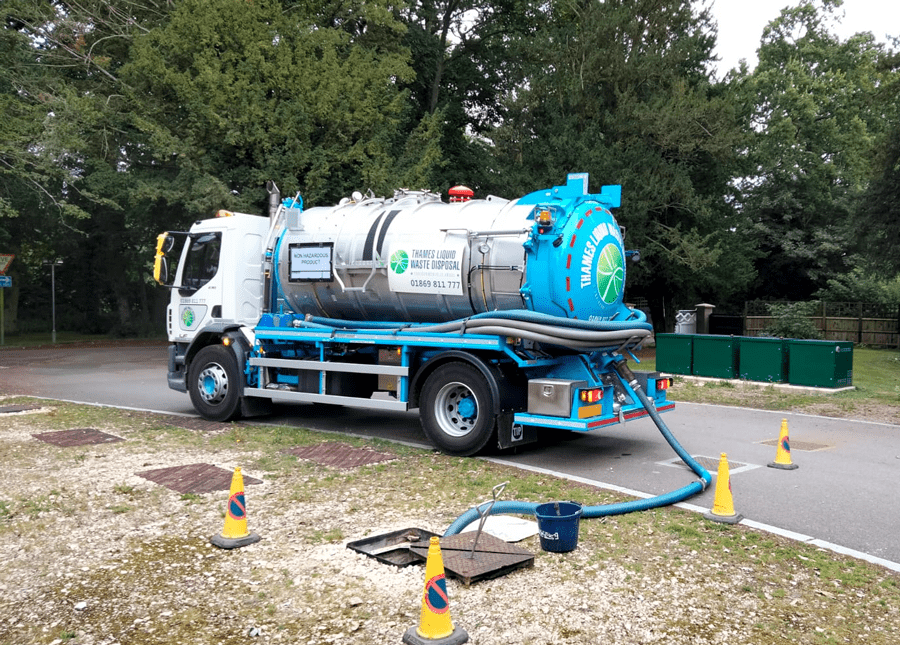Getting The Reclaim Waste To Work
Getting The Reclaim Waste To Work
Blog Article
Some Known Details About Reclaim Waste
Table of ContentsRumored Buzz on Reclaim WasteHow Reclaim Waste can Save You Time, Stress, and Money.7 Simple Techniques For Reclaim WasteTop Guidelines Of Reclaim WasteSome Ideas on Reclaim Waste You Need To Know
Check out the kinds, events, and forms of fluid waste. Residential sewage waste refers to the waste and products from a property septic storage tank. This kind of waste is developed by humans in homes, colleges, and other buildings. This only includes septic systems that have a drainpipe area. The appropriate management and disposal of residential sewer waste call for liquid waste to be transferred to a sewer treatment plant where the correct techniques and tools are put on cleanse and get rid of waste.
Industrial waste often consists of potential dangers, such as flammable products or a combination of liquid and strong waste products, and requires an advanced and in-depth disposal process. The disposal of business waste typically involves the filtration of waste before transport to make sure secure and proper disposal. Hazardous waste is produced from byproducts and runoff of commercial procedures and production.
This type of waste can not use the exact same sewer administration transportation or processes as septic or industrial fluids. The hazardous waste administration procedure calls for the inspection and testing of liquid waste before it undergoes the disposal procedure (industrial wastewater treatment). Runoff waste is the fluid waste that originates from overflow and excess stormwater in extremely booming locations or cities
Overflow waste can cause contamination and flooding if not dealt with effectively. Making certain appropriate waste monitoring can prevent calamities and reduce environmental injury.
The 9-Second Trick For Reclaim Waste
Contact PROS Services today to find out about our waste administration and disposal solutions and the proper means to look after the fluid waste you produce.
(https://reclaim-waste-f27e88.webflow.io/)Do you understand what happens to your water when you end, purge the toilet or drain pipes the washing maker? No? Well, it deserves knowing. This supposed 'wastewater' is not just a vital resource however, after treatment, will be released to our land, rivers or the ocean. Utilized water from bathrooms, showers, baths, kitchen area sinks, washings and industrial procedures is referred to as wastewater.

water used to cool down machinery or tidy plant and tools). Stormwater, a form of wastewater, is drainage that moves from agricultural and urban locations such as roofings, parks, gardens, roadways, paths and seamless gutters right into stormwater drains pipes, after rainfall. Stormwater flows unattended directly to neighborhood creeks or rivers, at some point getting to the sea.
See This Report on Reclaim Waste
In Queensland, many wastewater is dealt with at sewage treatment plants. Wastewater is carried from domestic or industrial sites via a system of sewage systems and pump stations, understood as sewerage reticulation, to a sewer therapy plant.
The Department of Natural Resources encourages city governments about managing, operating and preserving sewage systems and treatment plants. In unsewered areas, neighborhood governments may call for homeowners to mount individual or house sewage therapy you could try these out systems to deal with domestic wastewater from bathrooms, kitchens, washrooms and laundries. The Division of Natural Resources authorizes using household systems when they are shown to be efficient.
In some brand-new class, therapy of some stormwater to eliminate trash, sand and crushed rock has actually started using gross pollutant traps. Wastewater therapy occurs in four stages: Removes solid issue.
Uses small living microorganisms knows as micro-organisms to damage down and eliminate continuing to be liquified wastes and fine particles. Micro-organisms and wastes are incorporated in the sludge.
Examine This Report on Reclaim Waste
Nutrient removal is not offered at all sewage therapy plants due to the fact that it requires costly specialized tools. Clear liquid effluent created after treatment may still have disease-causing micro-organisms - liquid waste removal.

This generally suggests wastewater needs to be treated or pollutants removed prior to it can be discharged to waterways. Most wastewater flows into the sewerage system. Under the Act, city governments carry out approvals and licences for eco relevant activities (Periods) including wastewater releases that could have a local influence. The division carries out approvals and licences to Periods involving wastewater launches that could have a regional or statewide influence.
All About Reclaim Waste
Monitoring provides valid information regarding water quality and can validate that licence problems are being satisfied. The info gotten through tracking supplies the basis for making water high quality decisions.
Report this page